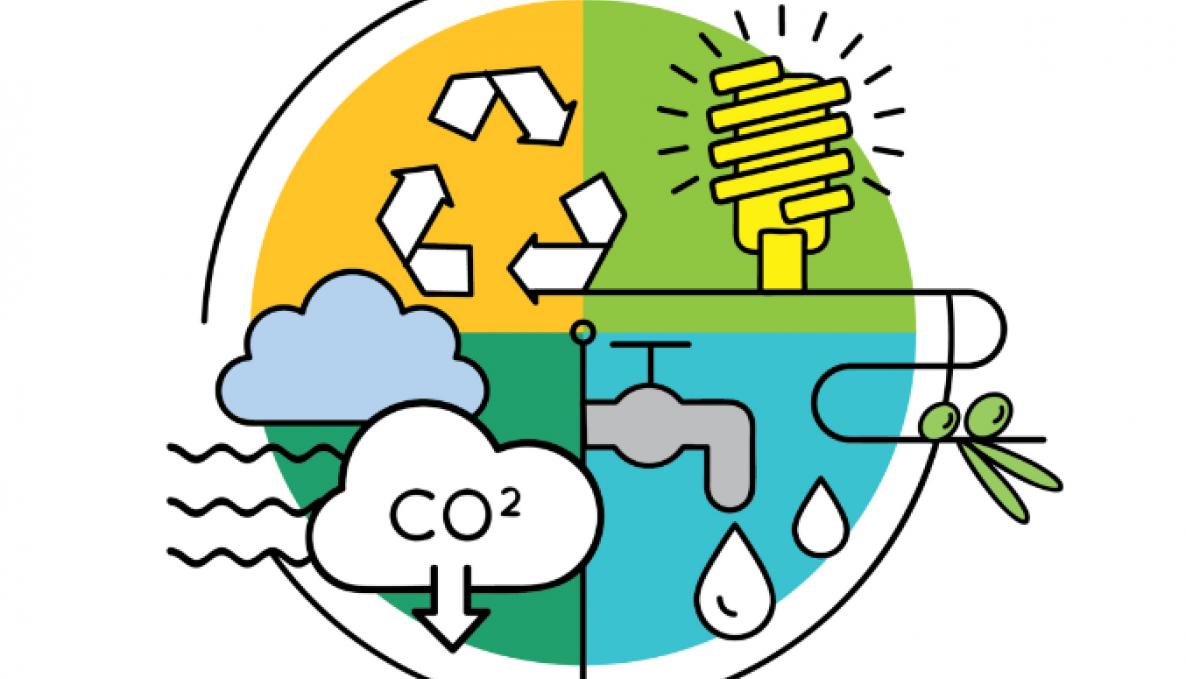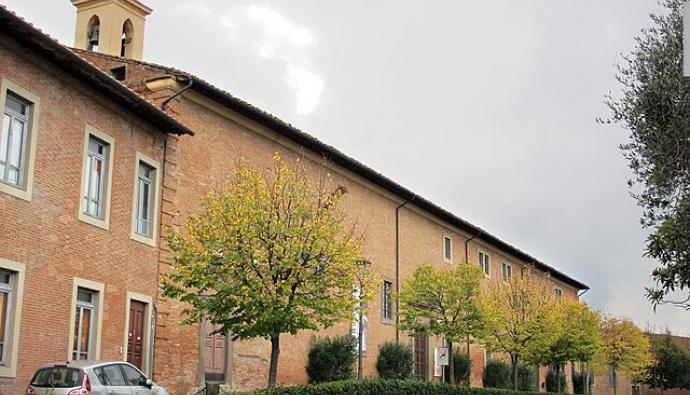Tourism becomes circular thanks to the European project Incircle: from the Sant'Anna School the tools are available for companies to support management and strategic planning. The presentation during the “Incircle School”, between 9th and 18th of November

Tourism becomes circular thanks to ad hoc tools to support the sector in the development of strategies in line with the Sustainable Development Goals are coming from the Sum Laboratory (Sustainability Management), coordinated by Marco Frey, Professor of the Institute of Management of the Sant’Anna School (Scuola Superiore Sant'Anna), as technical partner of the European project Incircle (“Support INsular and low density areas in the transition towards a more CIRCuLar tourism Economy”). These tools, called "Circular Tourism Tools", will be presented in detail during the “Incircle School” - a training initiative in four days between 9th and 18th November - by the researchers of the Institute of Management of the Scuola Superiore Sant'Anna, who contributed to their creation.
The “tools” for measuring circularity, applicable at the level of individual companies and tourist destinations, allow to establish new goals and priorities, as well as to return a timely picture of the current situation. Moreover, specific datasets are also available, reporting real cases of “best practices” adopted in every part of the world to inspire new projects. The tools that will be presented during the “Incircle School” have been developed applying the basic principles of the circular economy (systemic thinking, optimization, efficiency, collaboration, transparency, responsibility, inclusiveness) and embrace the idea of sustainable growth, even in tourism, which can only take place balancing natural, social and economic systems. With this aim the European project Incircle was born, co-financed by the Interreg MED 2014-2020 territorial cooperation program, with the involvement of many Mediterranean territories in Italy, Spain, Greece, Albania, Croatia.
The territories and participants of the Incircle School were selected according to geographical and demographic criteria, such as the low density of resident population on the territory or the occurrence of strong seasonal fluctuations in overnight stays, as well as on their proactivity towards the promotion of sustainable tourism. In the next months, these European tourism actors will be supported in the development of circularity strategies to increase the quality of their tourism offer, but also their ability to collaborate internally with their "stakeholders", of great importance also considering the impact suffered by the sector as a result of the Covid-19 pandemic. At the end of the School, the “Book of ideas” will be drawn up, a collection of ideas and teachings identified by the participants on how to face the possible challenges and opportunities of the path towards a more circular tourism.
Taking advantage of the opportunities of the “tools”, available on the Incircle Knowledge Platform, those involved in the tourism sector will also obtain a result of their overall performance of circularity, an evidence of their strengths and their opportunities for improvement. In addition, the tools are also able to reveal the level of circular collaboration between tourism industries and tourist destination.
“The 'Incircle School' represents an opportunity to bring together at the same table different actors of tourism: authorities, government agencies, associations, local networks and territorial development agencies of six European countries – explains Serena Carlesi, researcher at the Institute of Management of the Scuola Superiore Sant'Anna, involved in the management and implementation of the project – all of them are required to participate actively, to ensure a collaborative process and knowledge sharing”.
“The tourism sector is not only an economic activity - concludes Natalia Marzia Gusmerotti, researcher at the Institute of Management of the Scuola Superiore Sant'Anna and coordinator of the project - but a set of culture, nature and historical heritage, which contribute in making each destination different from the others and therefore unique in terms of offer, distinctiveness, recognizability and competitive potential. Tourism represents at the same time - she continues - a fundamental lever for development and a source of pressure on natural resources. Tourism, in fact, is the third most important socio-economic activity in Europe. For this reason - she concludes - it is necessary to design new models, to generate well-being, contributing to the quality of ecosystems and human health, both locally and globally”.



